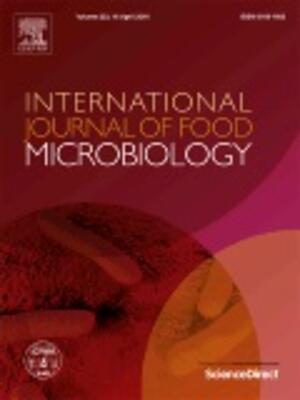
Impact of good hygiene management practices on the reduction in microbial contamination of roasted sheep meat sold at urban dibiteries in Senegal
Abstract
A cross-sectional study was conducted in Senegal in May 2015 on the microbial quality of roasted sheep meat in 40 selected dibiteries, which are informal and small fast-food restaurants offering roasted sheep meat to Senegalese consumers. An intervention was designed and implemented in these 40 dibiteries and coupled with an appraisal of the economic managerial performance of those restaurants to improve their hygiene management practices. The microbiological quality of roasted mutton was assessed 1 month before the intervention and then 2 and 10 months post-intervention. Three types of dibiteries were identified among the 40 units studied based on their production process: Senegalese (42.5%), Mauritanian (40%), and Nigerien (17.5%). Of all samples analyzed, 70% were considered satisfactory regarding the levels of contamination at baseline; satisfactory scores rose to 75% at 2 months post-intervention and 83% at 10 months post-intervention. However, those differences were not statistically significant. The financial appraisal revealed that the performance of dibiteries before and after the intervention remained the same with no significant difference in the gross margins. Further studies are needed to understand compliance behavior and incentives that enhance the sustainability of hygiene management practices in the informal retail food sector.
Citation
Traoré, S.G., Ndour, A.P.N., Ossebi, W., Seko, M.O., Fokou, G., Alonso, S., Koné, P.S., Roesel, K., Grace, D. and Bonfoh, B. 2021. Impact of good hygiene management practices on the reduction in microbial contamination of roasted sheep meat sold at urban dibiteries in Senegal. Food Protection Trends 41(1): 70–79.









